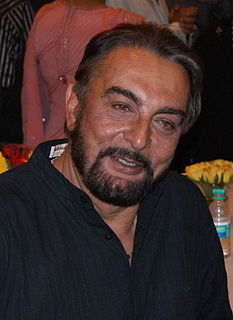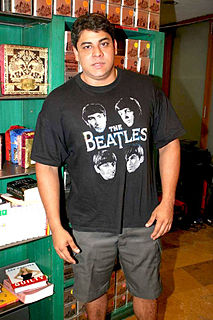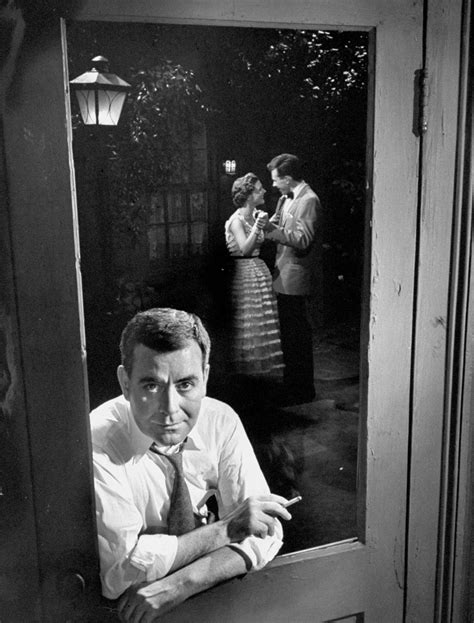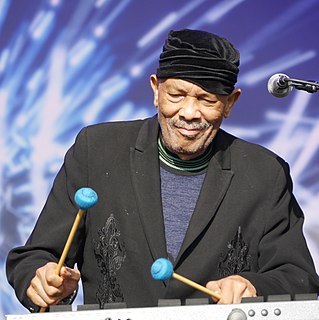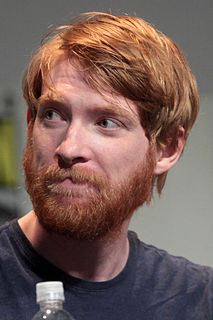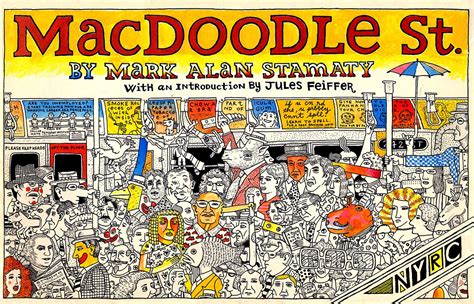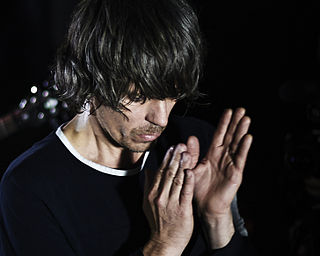A Quote by Kabir Bedi
My parents were no ordinary people. My mother turned Gandhian, and my father was a staunch communist. They named me after the great saint as a symbol of communal harmony.
Related Quotes
I have a deep connection with Mahatma Gandhi, partly because my mother was a very, very staunch Gandhian and brought us up that way. When I was six years old, and all the girls were getting nylon dresses, I was very keen to get a nylon frock for my birthday. My mother said, ?I can get it for you, but would you rather?through how you live and what you wear and what you eat?ensure that food goes into the hands of the weaver or ensure that profits go into the bank of an industrialist?? That became such a checkstone for everything in life.
How did the Turks become Muslim? They became Muslim through the Sufis. The Arabs never conquered the Turks. There were people in early Islam who were speaking like Hallaj, who spoke about the Truth, about reaching the Truth, about being one with the Truth, and not only they were not killed, but they were great heroes of their own culture, and there is a university in Turkey named after one [Sufi Saint.]
I think for my parents it was like "A Boy Named Sue," the Johnny Cash song. A guy named Sue tries to track down his father to take it out on his father for naming him Sue. And his father says, "Look, I knew I wasn't going to be around. So I gave you the name so that you would grow up strong enough to take the hits and fight back." So I like to believe that's why my parents gave me this stupid name.
Warsan means "good news" and Shire means "to gather in one place". My parents named me after my father's mother, my grandmother. Growing up, I absolutely wanted a name that was easier to pronounce, more common, prettier. But then I grew up and understood the power of a name, the beauty that comes in understanding how your name has affected who you are.
Her kitsch was the image of home, all peace, quiet, and harmony, and ruled by a loving mother and a wise father. It was an image that took shape in her after the death of her parents. The less her life resembled the sweetest of dreams, the more sensitive she was to its magic, and more than once she shed tears when the ungrateful daughter in a sentimental film embraced the neglected father as the windows of the happy family's house shone out into the dying day.
